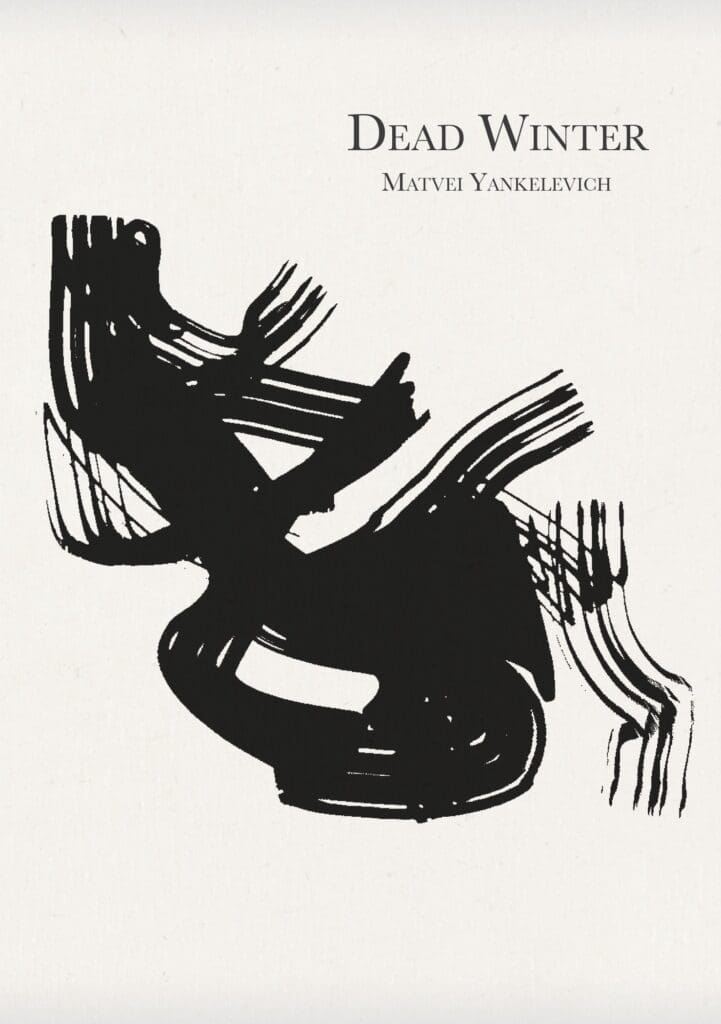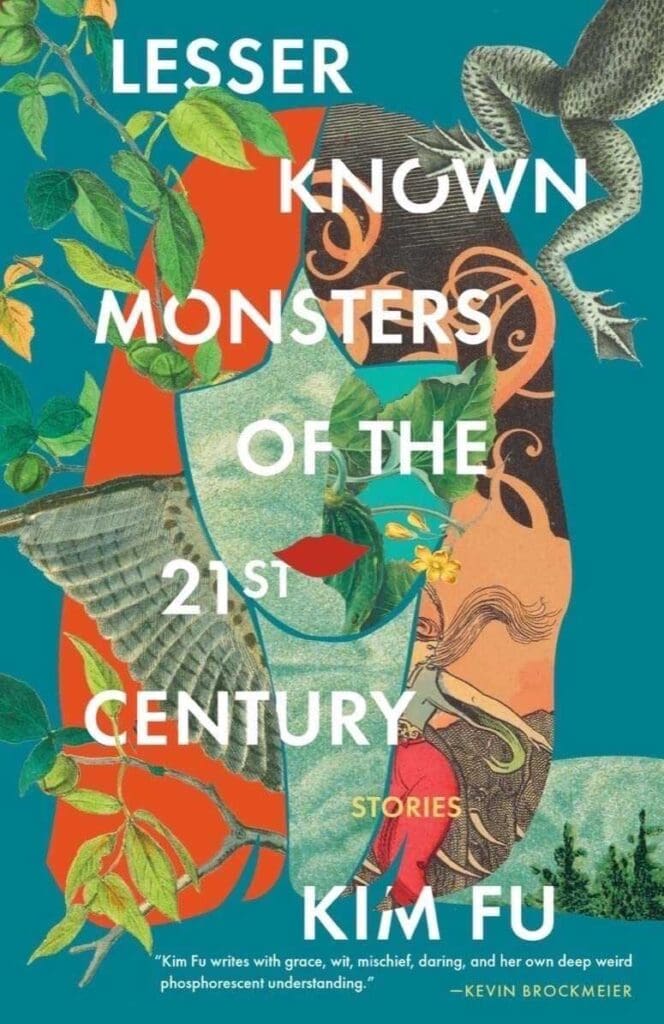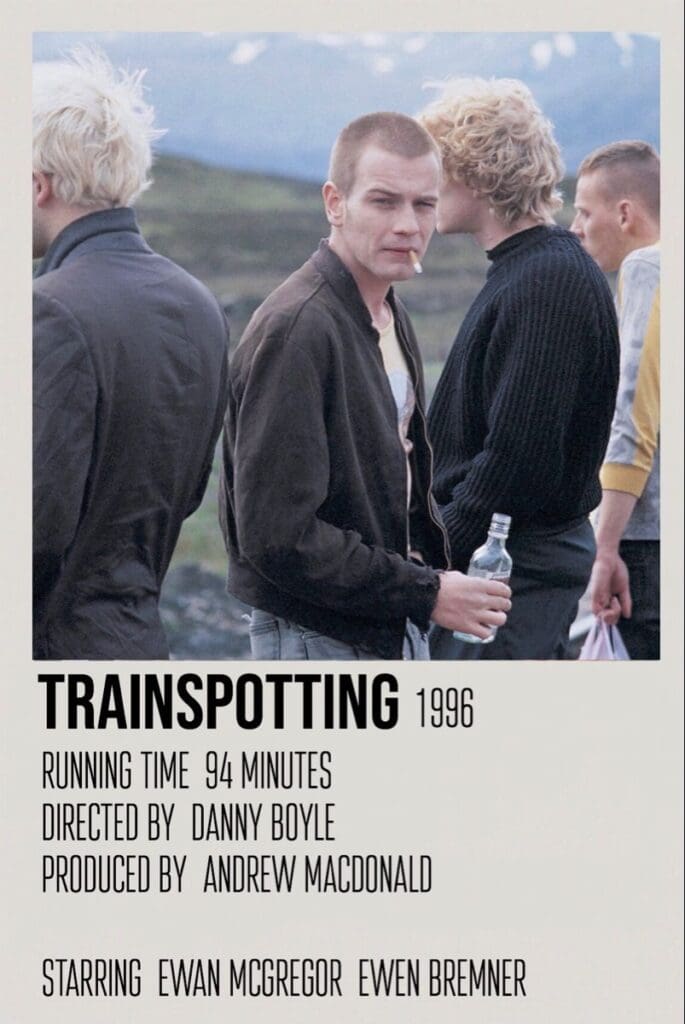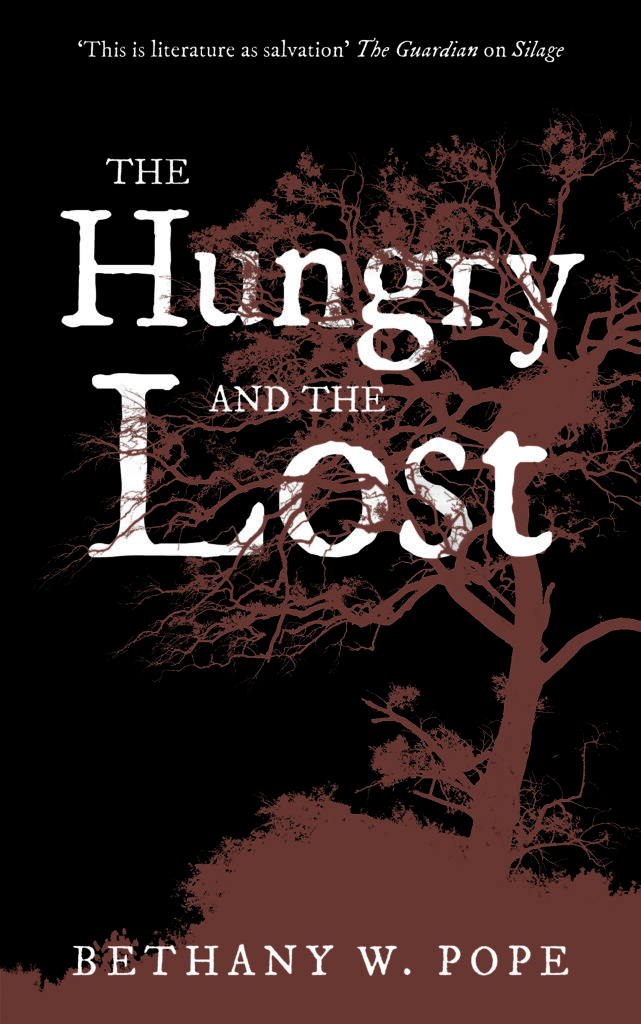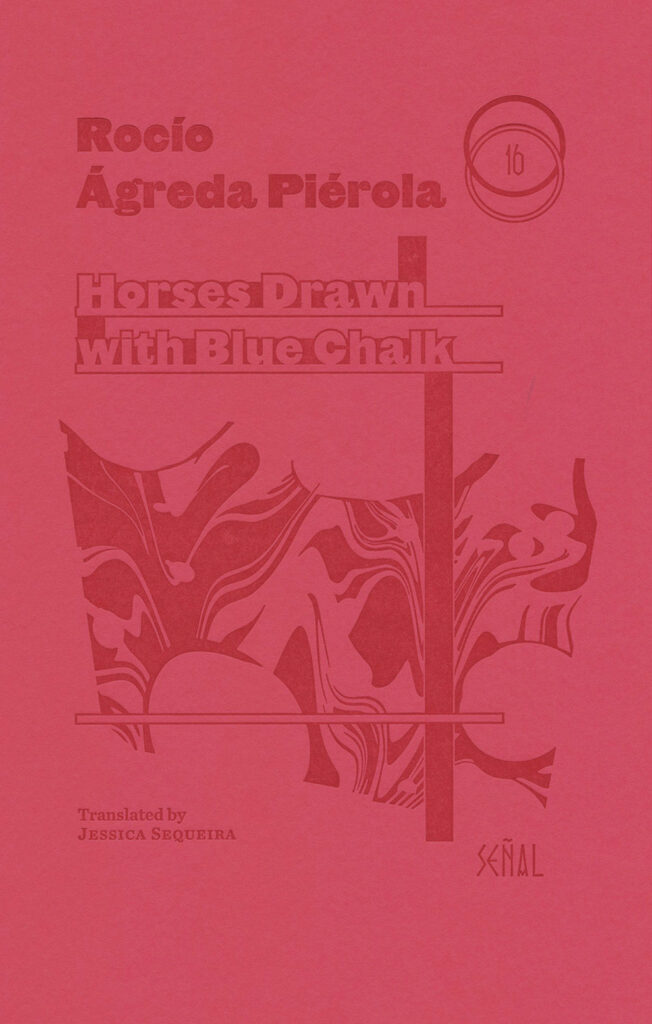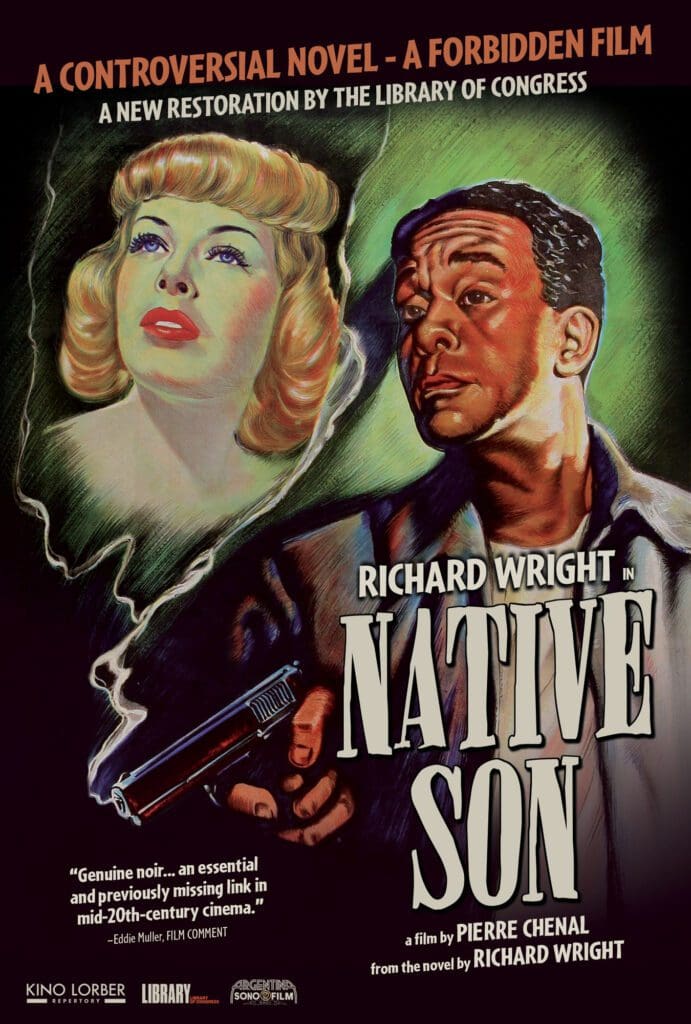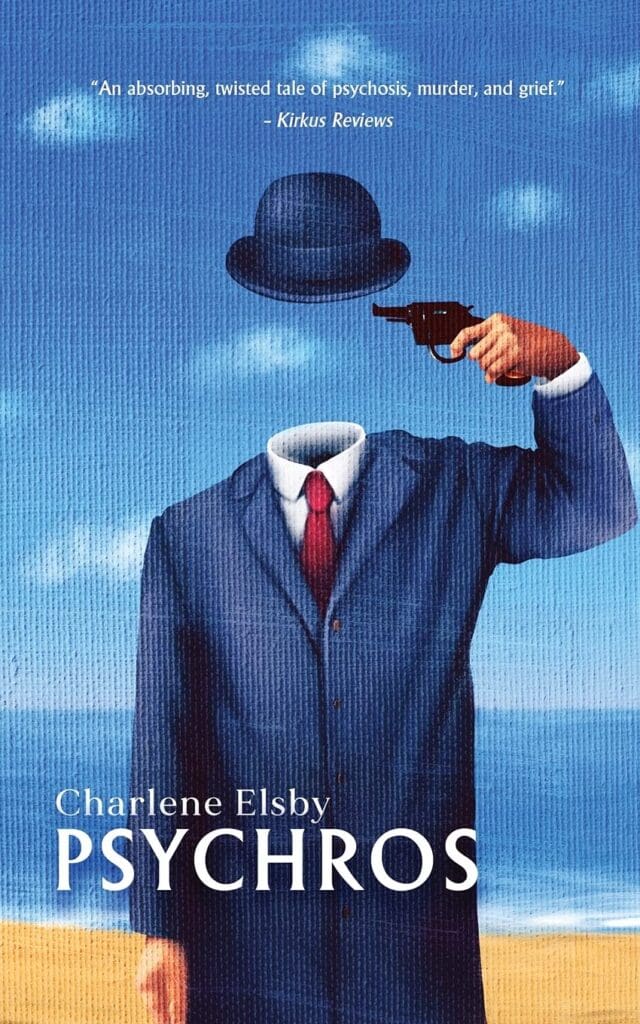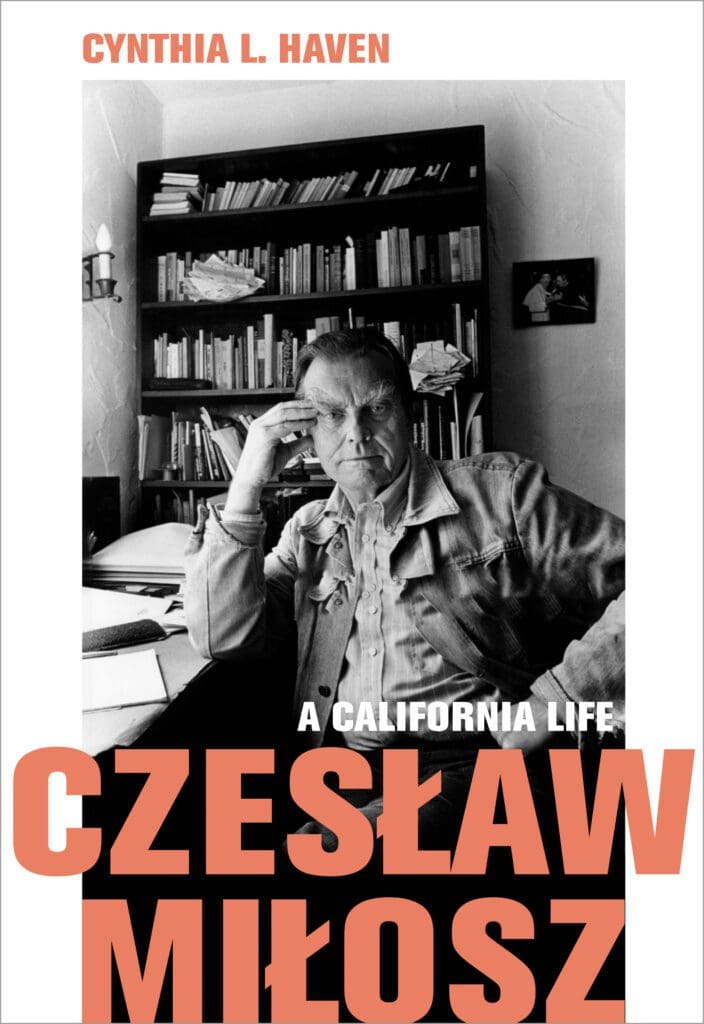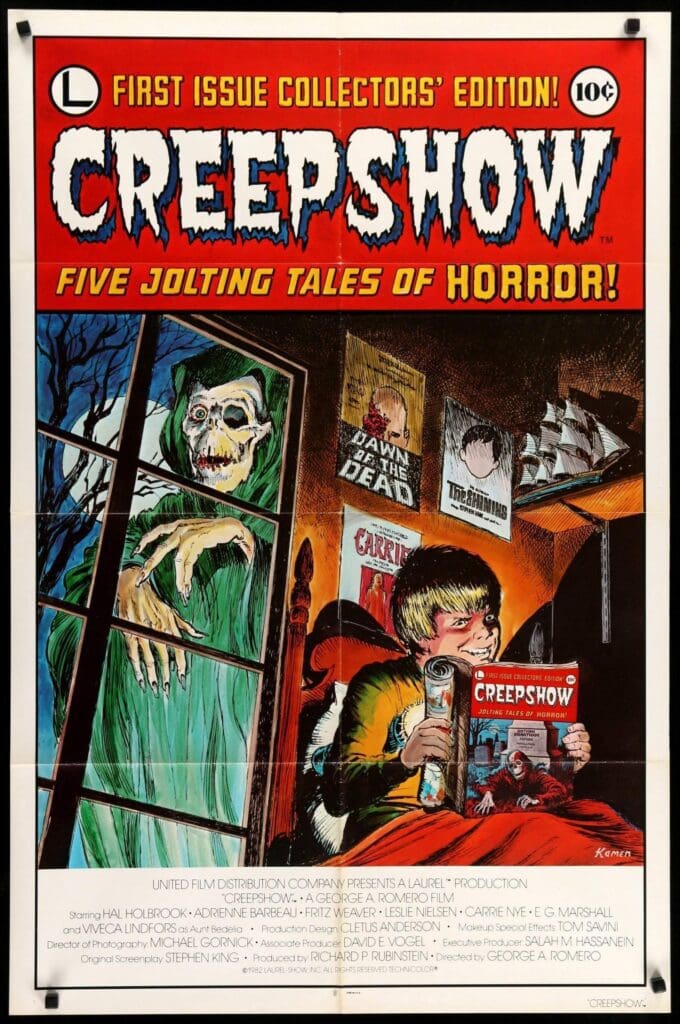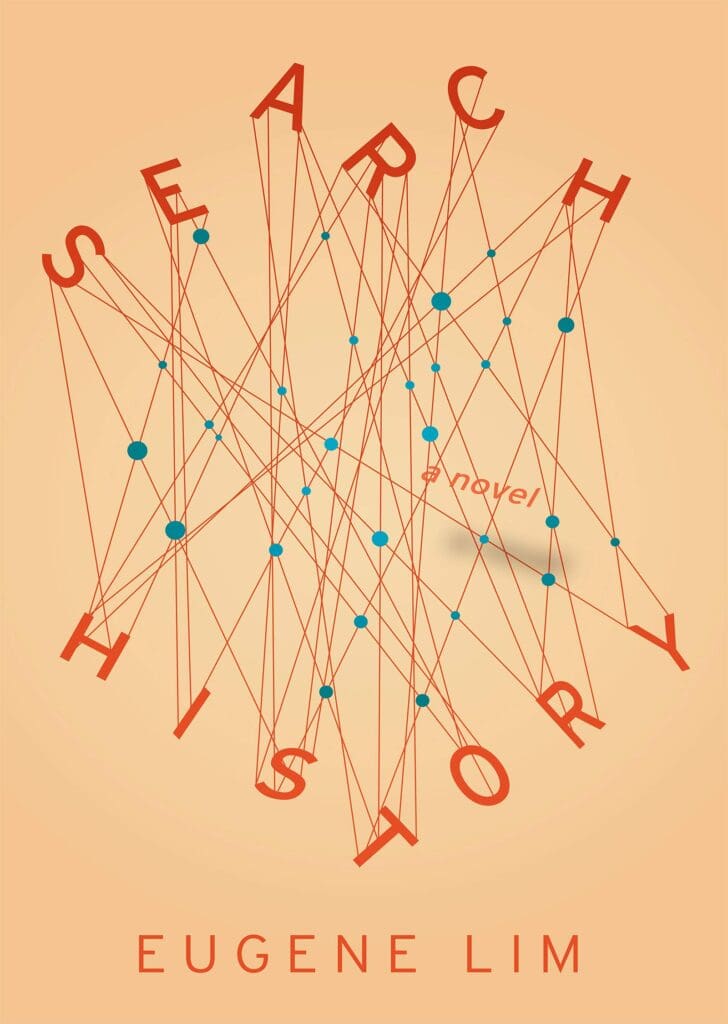Matvei Yankelevich’s latest poetry collection, Dead Winter (40 pages; Fonograf Editions), is a wheeling and melancholic address to winter as a mimetic object. “My task, my cross—to reassemble winter’s/ memory,” Yankelevich states in one the earliest of his twenty-seven poems. He meets this attempt to capture winter on the page by mounting an inquiry into the season as a site of recursion, ungovernability, and wasting. Yankelevich pictures winter as an “abandon” forever short of expression. Within “imagined limits,” winter appears to modulate time in an alternately moldering and propulsive manner: “Of/ course, one can look out a window, one/ can […]
‘Dead Winter’ by Matvei Yankelevich: Winter on the Page
by Chiara Bercu
